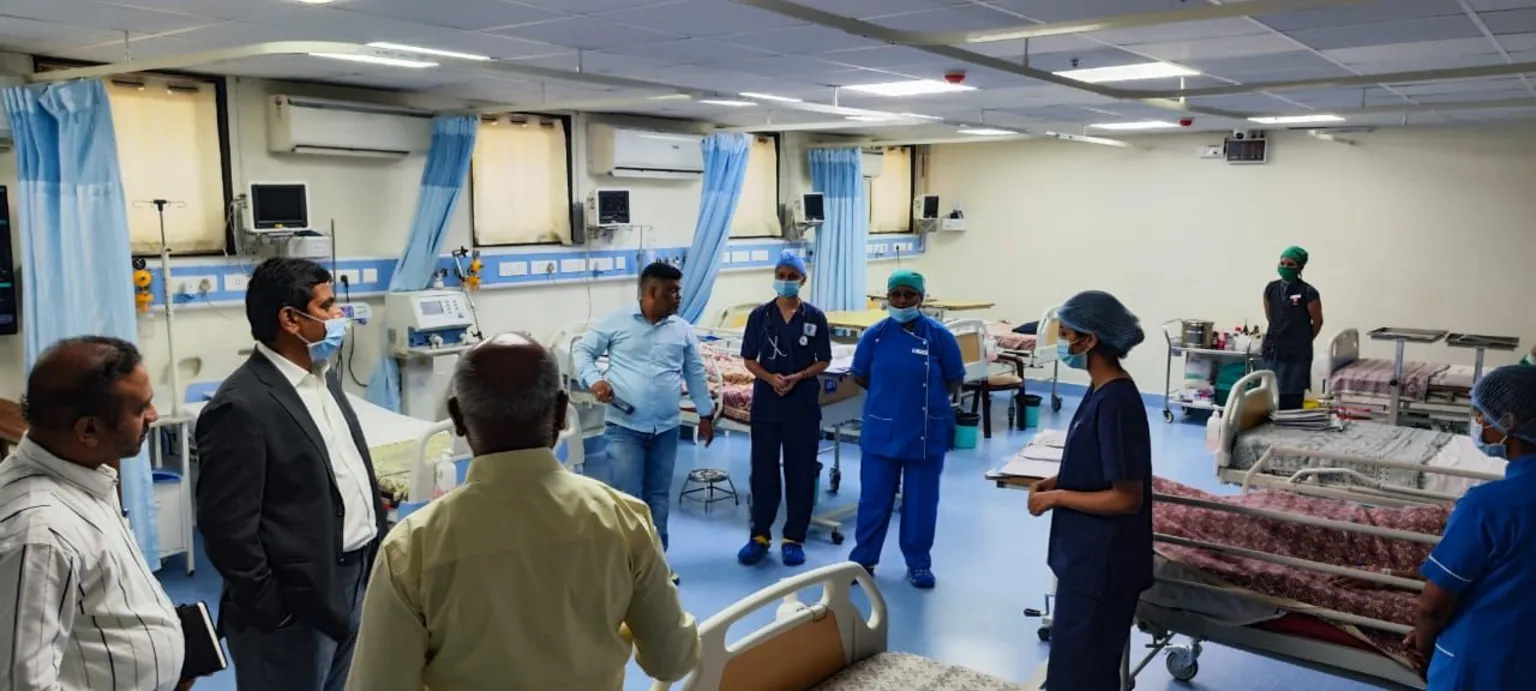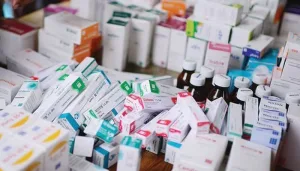In the bustling city of Pune, a young boy’s struggle to hold a pencil has become a symbol of a growing health crisis. His innocent frustration over schoolwork quickly turned into something far more serious Guillain-Barré Syndrome (GBS), a rare and life-threatening disorder where the body’s immune system attacks the nerves. Within days, this young child went from a healthy student to being paralyzed, unable to speak, breathe, or move without medical intervention.
Since early January, Pune has witnessed a disturbing surge in GBS cases, with over 160 patients affected, including children and young adults. Tragically, there have been five suspected deaths, with many others battling for survival in intensive care units. Physicians are racing against time to understand the root cause of this alarming outbreak.
The culprit behind the surge in GBS has been identified as Campylobacter jejuni, a foodborne pathogen commonly found in contaminated poultry and water. This bacteria, when ingested, can trigger an immune response that, in rare cases, leads to GBS. Pune’s industrial landscape and rapid urbanization have contributed to poor hygiene conditions, making the city vulnerable to such outbreaks.
Guillain-Barré Syndrome starts with mild symptoms, like tingling in the hands and feet, but quickly escalates to muscle weakness and paralysis, especially in the limbs. Left untreated, it can impair vital functions such as swallowing and breathing, putting lives at risk. The condition worsens over weeks, with patients requiring ventilators and long-term care to recover.
Though GBS is not entirely new in India, the scale of the current outbreak is unprecedented. Experts are now comparing it to similar global outbreaks, like the one in Peru earlier in 2023, where over 200 cases were reported. The connection to Campylobacter jejuni was established decades ago, but India’s ongoing challenges with public health and sanitation have intensified the issue.
In many developed countries, Campylobacter is less likely to lead to GBS because of better food safety standards. However, India’s crowded cities and reliance on street food, often washed with contaminated water, create an ideal environment for such pathogens to spread.
What makes GBS particularly devastating is that there is no cure. Treatment revolves around managing symptoms through methods like plasma exchange and intravenous immunoglobulin therapy. However, diagnosing the disease in time remains a challenge, especially in rural areas where healthcare infrastructure is weak. The lack of a definitive test makes early intervention difficult, often leading to late or misdiagnoses.
Efforts are underway to curb the outbreak in Pune, with WHO teams collaborating with local health officials to trace infections and encourage preventive measures. The government has already begun monitoring water sources, advising citizens to consume only boiled water and avoid undercooked food, especially poultry.
As the situation unfolds, one thing is clear: this outbreak of GBS has exposed critical flaws in India’s healthcare system and hygiene practices. It also underscores the urgent need for better public health education to prevent further crises of this nature.
For the young boy in Pune and others like him, the road to recovery will be long and difficult. But their stories are a wake-up call for the nation a reminder that in the fight against emerging health threats, vigilance, and preparedness are key.




+ There are no comments
Add yours